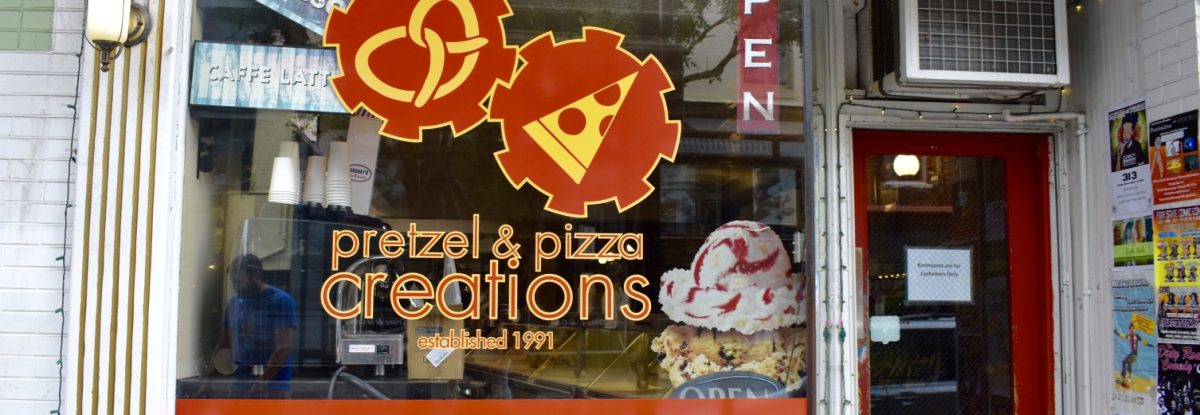Refuge for Orangutans
May 4, 2017
Borneo lowland rain forest is an ecoregion of the large island of Borneo in Southeast Asia. Salat Island, Indonesia in the luxurious rain forests of central Borneo endangered orangutans swung happily through the trees. These orangutans have been found and moved to a rehabilitation center and then moved to Borneo to live freely. On the island the orangutans will have no competition, seeing as there are no other apes living on the island.
One specific orangutan named Lykee was found abandoned on a palm oil plantation at only one month of age. Lykee is one of 13 young orangutans recently transported to an untouched section of Salat Island. This section was acquired one year ago by the nonprofit Borneo Orangutan Survival Foundation. Shortly after their arrival, the apes quickly exited the cages and began exploring their new home.
The release of the orangutans in April was the second portion in what could be the relocation of hundreds of orangutans currently housed in cages in a nearby rescue shelter. The orangutans are not living the way they would prefer to in cages and the best place for them to be is on an island where they have free will. Salat Island is filled with fruit trees and is bordered with rivers to provided protection from poachers. Although there is one downfall to the acquiring of this island. This island is referred to as a “pipe dream” due to its location and many environmentalists are worried that the government may fall victim to the large sums of numbers being offered for this piece of land and once again put the orangutans in danger.
In early 2016, a major Indonesian palm oil company (PT Sawit Sumbermas Sarana) purchased part of the island for the orangutan rehab. The oil company even agreed to pay for some of the costs to monitor and maintain the island. The chief executive is under the impression that the two companies could coexist, even though palm oil is one of the major killers of orangutans and rain forests in Indonesia. This partnership is extremely worrisome for many environmentalists who believe that this may be potentially dangerous. Time will be the only thing to tell if this partnership is a positive or negative choice for the lives of orangutans.






























